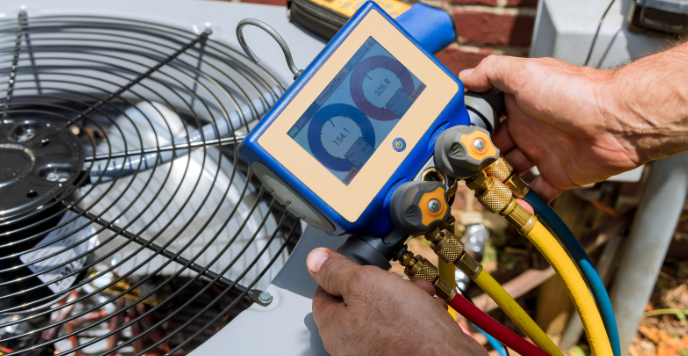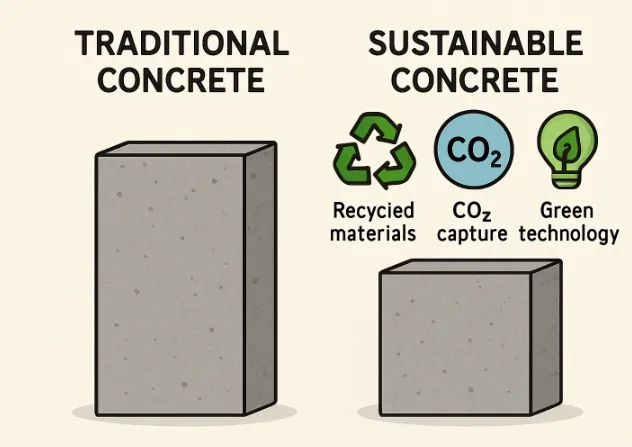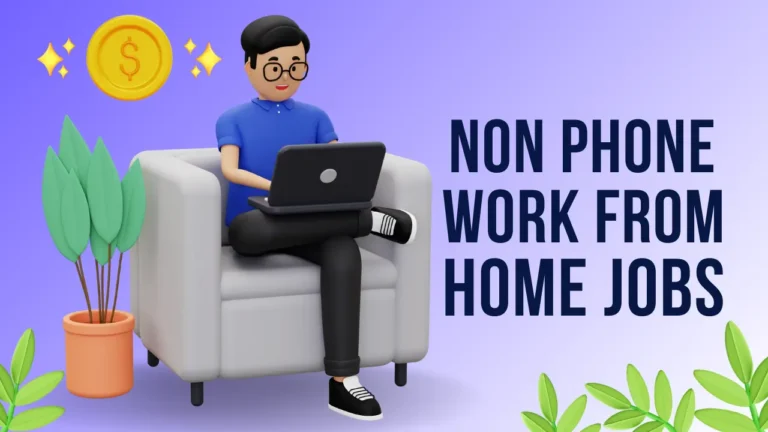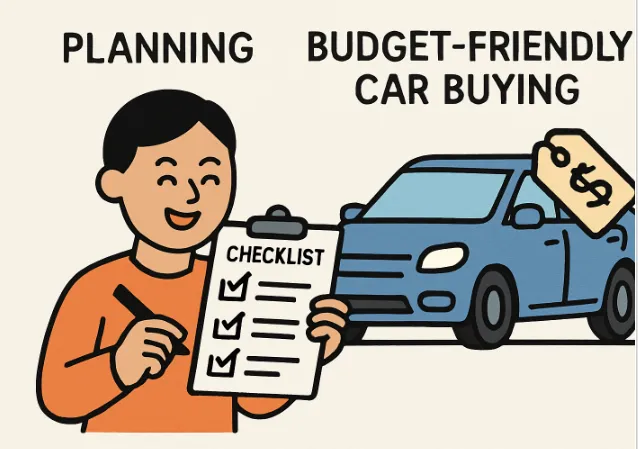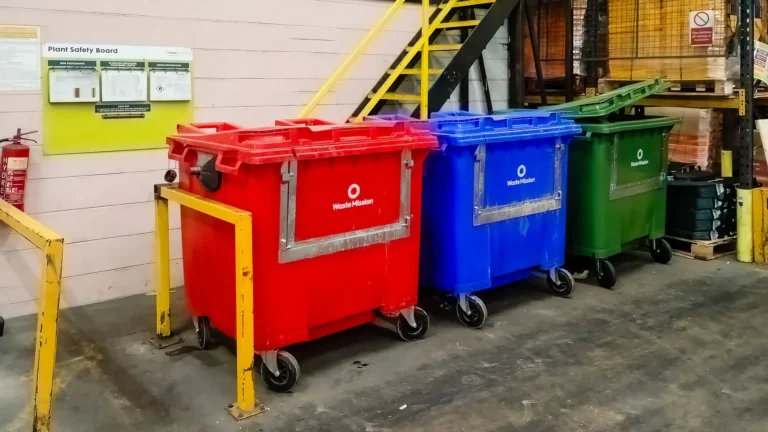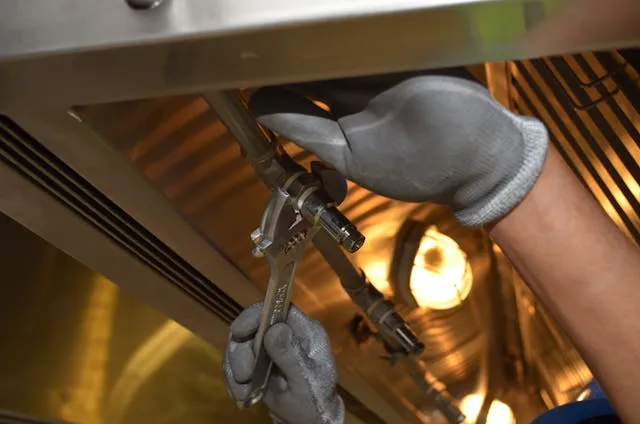Is Your HVAC System Hurricane-Ready? The Chill Brothers Share Expert Prep Tips
A hurricane warning should not be taken lightly; ignoring your HVAC system before a hurricane rolls in is risky. Most homeowners would forget about their HVAC outdoor unit and focus just on bracing their windows and rooftops. The heavy rain and winds outside can cause serious damage to your unit, and once done, you will suffer more during the extreme heat or power cuts.
That’s why hurricane prep should always include a detailed HVAC inspection and checklist. The Chill Brothers understand how tough Texas weather can be, especially during storms.
Steps to Protect Your HVAC Unit During a Storm
Just like you, your system needs the proper HVAC hurricane preparation before the storm. The preparation quality depends on the time you have.
It is always advised to get the air conditioner serviced before to make a custom plan. Small actions and preparation can save thousands in repair.
Turn Off the System Before the Storm Hits
The most obvious and smartest thing to do to protect HVAC during storms is to turn off your HVAC system even before the hurricane arrives.
Storms cause power cuts and electrical issues. So, it is best to keep every electric appliances shut down and not turn it on till the storm passes.
Shutting off protects the internal wiring from being damaged by strong winds. You can also prevent the compressors and fans from breaking the system and trying to run during high winds.
Cover the Outdoor Unit
Outdoor units need covers for flying debris, branches, or even trash. When covering, use a heavy-duty cover to withstand the high winds of a hurricane.
Make sure you don’t make the cover airtight. Your unit needs proper ventilation to run. Avoid wrapping in plastic or tarps to prevent trapping moisture and rusting.
The Chill Brothers can recommend and install proper covers that hold up in Texas storms. These simple steps help reduce the risk of expensive repairs once the storm has passed.
Secure Any Loose Items Around the Unit
Inspect all loose furniture or gardening tools stationed outside near your HVAC system. They might fall on your outdoor unit and cause great damage. Have a clear zone of at least 3 feet surrounding the condenser.
Don’t Use the System Until It’s Been Inspected Afterward
It’s okay to want to jump straight to your comfort, but don’t turn on your HVAC immediately after storm. Without full inspection, turning on the system can even be dangerous.
Even if the system works seemingly fine, using a system exposed to water or debris can cause electrical damage. It’s better to wait for a professional inspection to stay safe. Post-storm services, like the one The Chill Brothers offer, checks everything for a safe and efficient operation.
Critical HVAC Components to Check After a Hurricane Hits
After a hurricane, your HVAC system might seem fine—but hidden damage could be serious. Hurricanes can impact wiring, refrigerant lines, and even internal controls. To stay safe and avoid costly repairs, it’s important to inspect your system thoroughly.
1. Heat Pumps and Air Conditioning Systems
Heat pumps and split HVAC systems move refrigerants through the entire system in order to keep your home chilled or warm. These systems use wires and pipes for refrigerants and connecting different components together.
When a storm hits, many components are rattled which might cause a leak within the system.
Leaks often lead to major damage, needing expensive repair or full system replacement later. If your system looks fine, it should still be cleaned, dried, and disinfected.
2. Ductwork
Storms can damage ducts, especially if floodwater or debris gets into the system. The duct then becomes vulnerable to infections. Some malfunctions might even lead to system failure.
To protect HVAC during storms, full ductwork inspection is just as important as unit checks. The Chill Brothers can help you with inspection, cleaning, drying, and disinfecting the entire duct system after severe weather hits.
3. Oil Furnaces and Boilers
If a hurricane sends water near your oil furnace or boiler, don’t ignore it. These systems have sensitive valves and controls that are easily damaged by water exposure.
Even if things look fine, hidden issues can cause major problems later on. To stay safe, let a qualified technician inspect everything as part of your HVAC hurricane prep. It’s the best way to spot damage early and protect HVAC during storms.
4. Natural Gas & Propane Heating
Natural gas and propane heating systems need extra care during and after a hurricane hits. If you suspect a propane leak, stay cautious and call a contractor right away.
Floodwater can damage valves and controls, which must be replaced for safety.
The gas pressure regulator also needs checking, it has a vent hole that must stay clear. Debris can block it and cause dangerous issues. For full HVAC hurricane prep, inspections like this protect HVAC during storms
Should I Turn off My Air Conditioning during a Hurricane?
Depending on the storm and where you are in the storm, the response will change. Your air conditioner will shut off if the electricity goes off. It is advised to reduce the temperature in advance to prevent dealing with high temperatures inside the house when the power is out.
Your house will have more time to remain cool. Moreover, it may be safe to remove window units. Hurricanes are powerful enough to blow your air conditioner into your window causing the glass to shatter, due to a strong wind force, which could be fatal.
Conclusion
Preparing your HVAC system before a hurricane isn’t just smart—it’s essential. With expert guidance from The Chill Brothers, you can prevent major damage, costly repairs, and safety hazards. Don’t wait for the next storm to hit. Take action now to protect your HVAC during storms and keep your home safe year-round.

